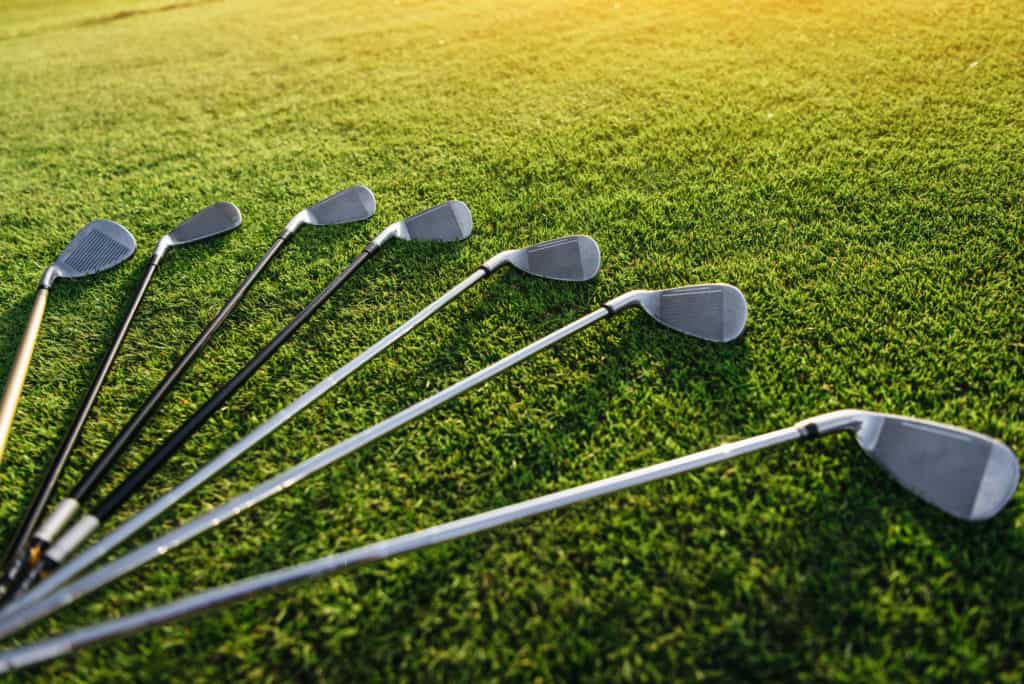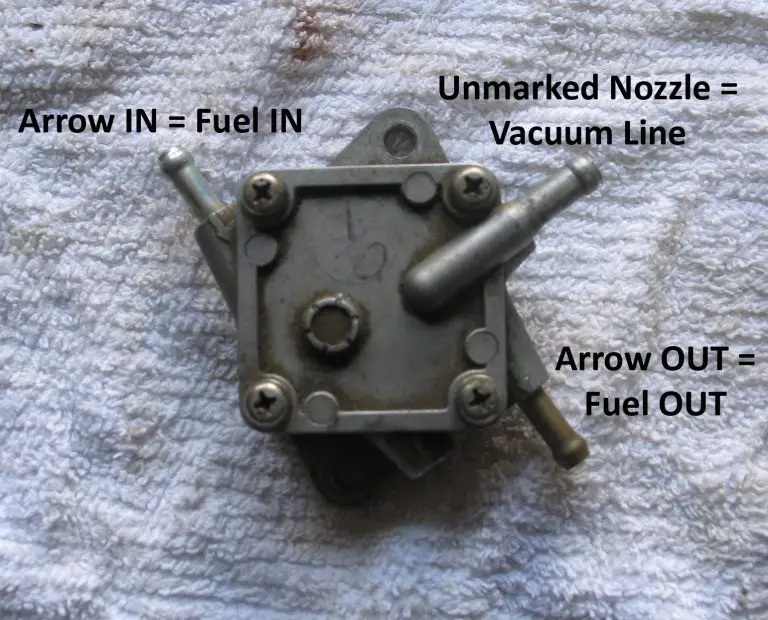How Much Does A Golf Iron Weigh

Golf irons are an essential part of any golfer’s equipment, used for mid-range shots that can have a significant impact on a golfer’s game. The weight of a golf iron is a crucial factor in determining the swing speed and distance of a shot, as well as the accuracy and control of the ball’s flight. But with so many different types and brands of golf irons available, how do you know which one is the right weight for you?
In this comprehensive guide, we’ll explore everything you need to know about the weight of golf irons. We’ll delve into the factors that affect the weight of golf irons, including the type of material used for the clubhead, the design of the clubhead, the material of the shaft, the length of the club, and the type and size of the grip. We’ll also examine the average weight of different types and brands of golf irons and explain the importance of choosing the right weight for your game.
Whether you’re a seasoned golfer or just starting, understanding the weight of your golf irons can make a significant impact on your game. By choosing the right weight for your golf irons, you can improve your swing speed, distance, accuracy, and control, ultimately leading to a better overall performance on the course. So, let’s dive into the world of golf iron weights and explore everything you need to know.

Factors That Affect the Weight of Golf Irons
The weight of a golf iron is determined by several factors, including the type of material used for the clubhead, the design of the clubhead, the material of the shaft, the length of the club, and the type and size of the grip. For example, a clubhead made of steel will be heavier than one made of titanium or graphite. Similarly, a cavity-back design will typically be lighter than a blade design.
The Average Weight of Golf Irons by Type and Brand
The average weight of a golf iron can vary significantly based on its type and brand. Generally, blade irons are the heaviest, while game improvement irons are the lightest. The weight of a golf iron can also vary by brand, with Titleist, Callaway, TaylorMade, Ping, and Mizuno all having slightly different weight ranges for their clubs.
Importance of Choosing the Right Weight for Golf Irons
Choosing the right weight for your golf irons is essential for maximizing your performance on the course. A club that is too heavy or too light can have a significant impact on your swing speed, distance, accuracy, and control. Custom fitting is an excellent way to ensure you’re using golf irons that are the right weight and design for your body and swing.
How to Measure the Weight of Golf Irons
There are several ways to measure the weight of a golf iron. The easiest way is to weigh your club on a scale, either at home or at a golf store. You can also measure the swing weight of your club, which is a measure of the club’s overall weight and balance. There are tools and techniques available to measure swing weight, including balance boards and scales.
How to Adjust the Weight of Golf Irons
Adjusting the weight of your golf irons is a way to fine-tune your equipment and improve your game. There are several ways to adjust the weight of a golf iron, including adding or removing weight from the clubhead, adjusting the weight of the shaft, and changing the grip type or size.
Conclusion
The weight of a golf iron is a critical factor in determining the performance of a golfer on the course. Understanding the factors that affect the weight of golf irons, as well as the average weight of different types and brands of clubs, is essential for making informed decisions about your equipment. By choosing the right weight for your golf irons, measuring and adjusting the weight when necessary, and custom fitting your equipment, you can maximize your performance and enjoyment of the game.





